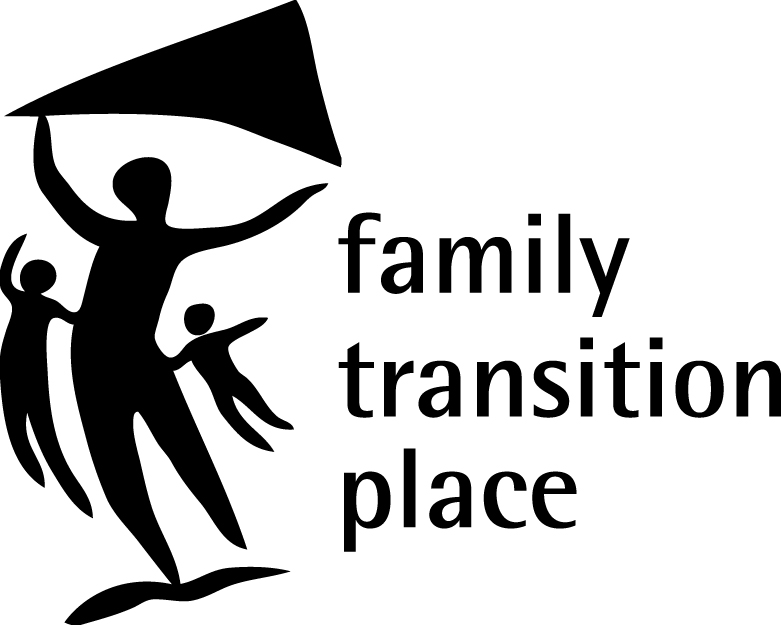What you can do to help…
Family and friends can make a big difference. Practical help. Emotional support. Financial assistance. Understanding and acceptance.
How can you give practical support?
- Offer a ride to doctors, lawyers or other appointments.
- Volunteer your time and/or vehicles to assist with moving.
- Donate your time to fix things or tidy up around the house.
- Donate used furniture or clothes.
- Provide child care and support with the children.
- Car pool.
81% of abused women tell family or friends first.
How can you give emotional support?
- Listen to her.
- Attend appointments with her to be her “ears”, especially in the early stages as it may be difficult for her to remember details during this stressful time.
- Let her leave her important papers and a suitcase of clothes with you.
- Share a meal.
How can you help financially?
- Sponsor a child’s participation in a recreational activity.
- Offer to babysit.
- Help with groceries, bills, expenses.
- Donate professional services.
How can you show understanding and acceptance?
- Believe her.
- Listen and let her talk about her feelings.
- Give clear messages that:
- violence is never okay or justifiable.
- the safety of the woman and her children is always the most important issue.
- if she feels she needs to leave due to any form of abuse, including emotional abuse, shelter may be an option.
- she does not cause the abuse.
- she is not to blame for her partner’s behaviour.
- she cannot change her partner’s behaviour.
- apologies and promises will not end the violence.
- she is not alone nor crazy.
- abuse is not loss of control; it is a way of controlling another person.
- Talk with her about what she can do to plan for her and her children’s safety.
- Encourage her to make her own decisions.
- Help her find the good things about herself and her children.
- Know the key resources in the community and how to contact them.
- Respect her confidentiality and support her decision.
- Let her keep her important papers and extra clothes at your house in case she has to leave her home quickly to escape violence.
Some advice is not useful and may even be dangerous for her to hear:
- Don’t tell her what to do, when to leave or when not to leave.
- Don’t tell her to go back to the situation and try a little harder.
- Don’t try to rescue her by finding quick solutions.
- Don’t suggest you try to talk to her partner to straighten things out.
- Don’t tell her she should stay for the sake of the children.
- Don’t lose patience if she leaves, then returns. She still needs your support.
- Don’t judge her or her choices.
An abused woman needs support and encouragement in order to make choices that are right for her. If you are supporting an abused woman, remember to keep yourself safe.



